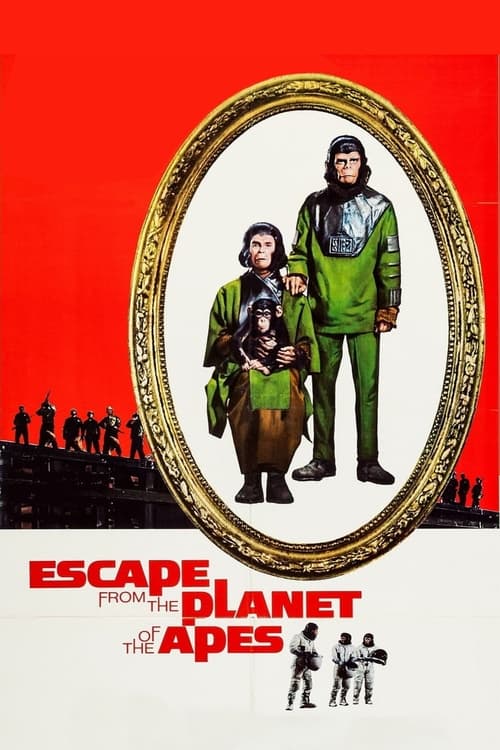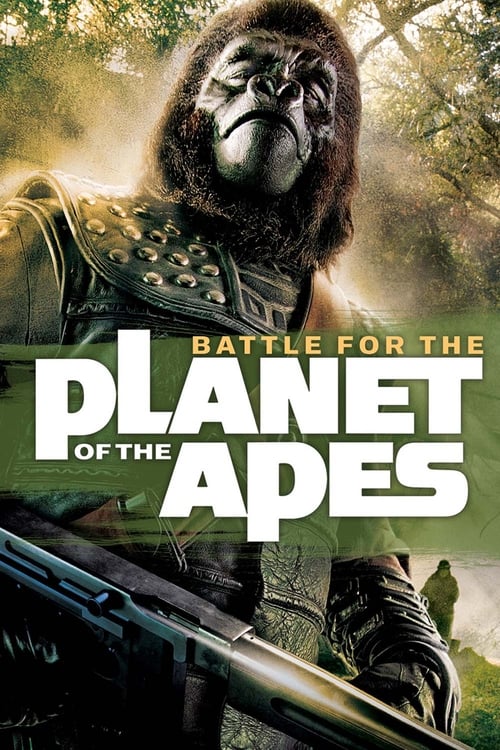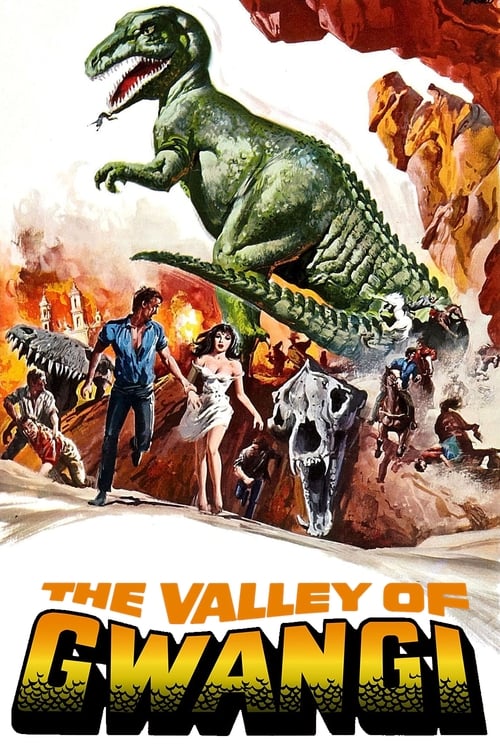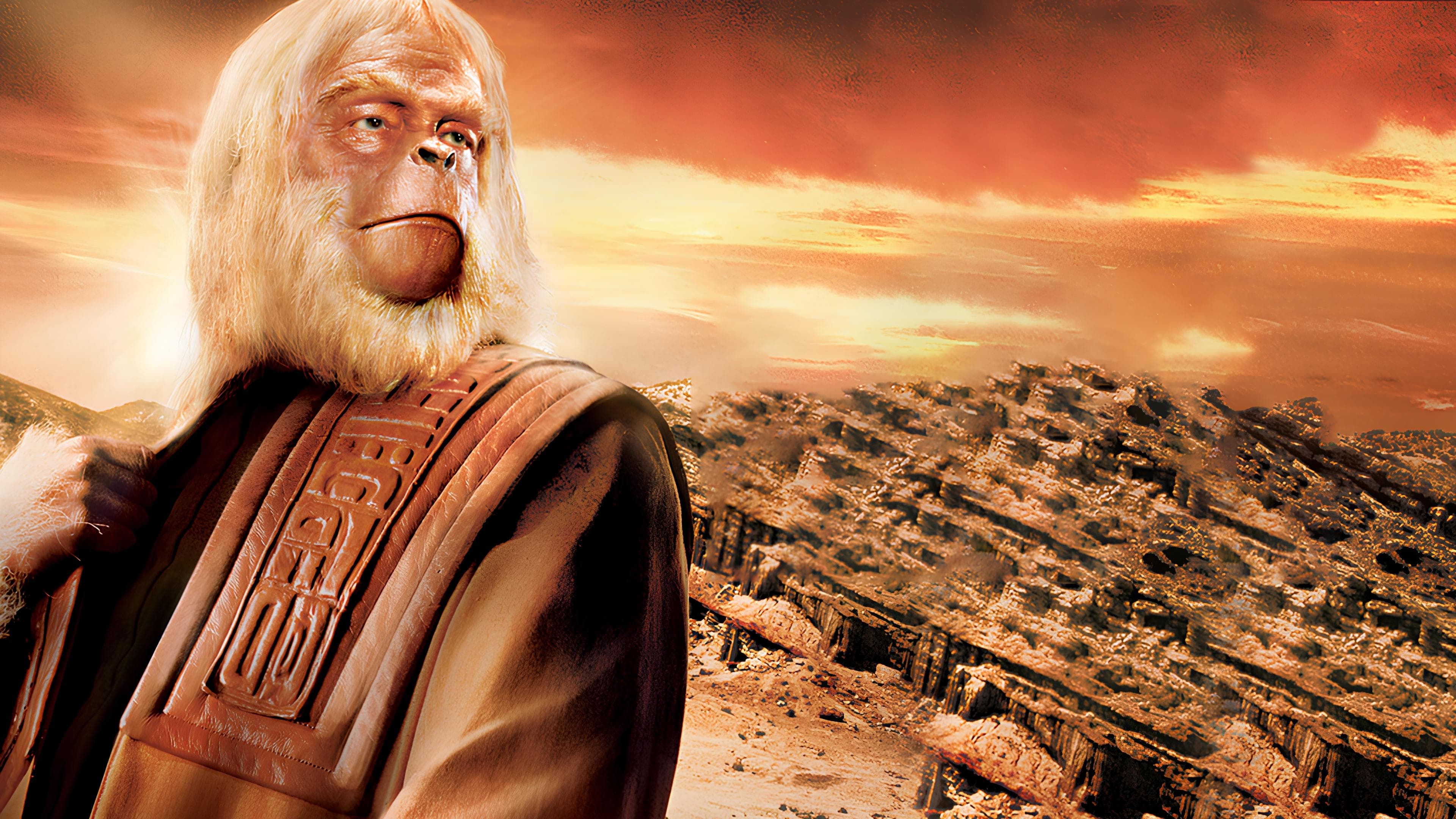
1970
Beneath the Planet of the Apes
Adventure, Science Fiction, Mystery
7.0
User Score
1435 Votes
Status
Released
Language
en
Budget
$3.000.000
Production
APJAC Productions, 20th Century Fox
Overview
The sole survivor of an interplanetary rescue mission lands on the planet of the apes, and uncovers a horrible secret beneath the surface.
Review
Potential Kermode
10.0
**James Franciscus versus the mutant lunatics!**
A great, dark sequel to the original classic that goes beyond the downbeat ending of the original and gives us an even more depressing one! No mean feat considering how bleak the ending to the first movie was.
I love this movie. The legendary James Franciscus _(The Valley Of Gwangi_) is astronaut Brent - sent to find the missing Taylor. He finds him, of course, deep _beneath_ the ruins of a post apocalyptic city - imprisoned by _psychotic mutants_ with the power of telepathy.
Meanwhile, those _pesky apes_ are marching on the city to find out just what the hell is going on and what all the kerfuffle is about regarding reports of _crucified apes and bleeding statues._
This all leads to a shocking climax _you wont forget in a long time._
It's all rather disturbing and that is precisely why it succeeds.
- Potential Kermode
Read More 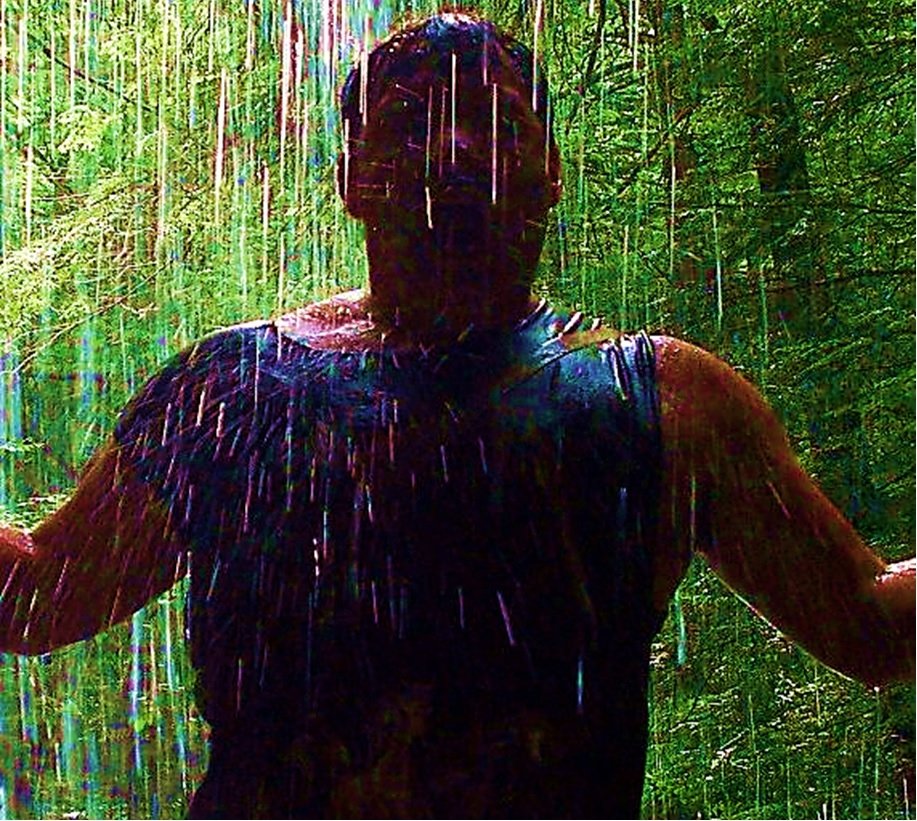
Wuchak
8.0
_**Classic Sci-Fi Adventure with a KILLER Ending**_
Of the five original "Planet of the Apes" films only the first one (1968) and this sequel, "Beneath" (1970), are truly great and worthwhile. The three prequels devolve in quality: "Escape from" (1971) has its points of interest and amusement, "Conquest of" (1972) is okay, but too one-dimensional, and "Battle for" (1973) is weak. "Beneath" is the only actual sequel, hence, both the original and "Beneath" should be digested as one long story.
The plot revolves around astronaut, James Franciscus, landing on the ape planet in search of Taylor & his crew. He makes contact with a primitive babe who knew Taylor (Nova, played by jaw-dropping Linda Harrison) and then embarks upon a quest to find him, leading first to the ape city and then to the "forbidden zone," a holocaust-ruined wasteland with a cryptic underground refuge.
Growing up, I always favored "Beneath" above the original film. Why? Possibly because "Beneath" has a lot more action, especially toward the end, and the concept of the psychic mutants was both eerie and captivating. As an adult, however, I've come to appreciate the original in increasing measure; it's deeper than "Beneath," more intellectual. Each film has its strengths and weaknesses and they compliment each other well.
Many criticize James Franciscus as a Heston clone. Although this is a valid complaint (Linda Harrison described Franciscus as a smaller version of Charleton Heston) and Heston as Taylor is indeed inimitable (so don't even try), I never had a problem with Franciscus in this film. He does a fine job in the role of the stranded astronaut on a planet of madness. His character, Brent, isn't disillusioned with humanity like Taylor, so he has less of an 'edge,' but Brent is a fine generic 'everyman.’
All the main characters from the first film are present. Aside from Nova and Taylor, the story features Dr. Zaius (Maurice Evans), Zira (Kim Hunter) and Cornelius. Unfortunately Roddy McDowall wasn't available to play Cornelius so they brought in David Watson for the part, which isn't much of a problem because you can't tell beneath all the ape make-up and Watson does a splendid job mimicking McDowall. A new character is introduced and that is Ursus, the gorilla general, played by James Gregory (remember him from the original Star Trek episode "Dagger of the Mind"?). Who could ever forget Ursus' motivational speech: "The only good human is a DEAD human!!"?
There are numerous great scenes and images; for example, the gorillas marching in the forbidden zone and the gigantic appearance of their revered Lawgiver with a bleeding face, then collapsing.
Some criticize that the first half of the story is merely an inferior repeat of the original film (astronaut crashlands, discovers that apes rule the planet and ends up in ape city), but it was great the first time around, why not experience it again with some nuances? (Especially since "Beneath" was released two years after the original). I admit that this section of "Beneath" isn't as great as the original, it's even kind of boring (that is, after seeing the first film), but WAIT till Brent and Nova escape ape city and discover a mysterious and intriguing underground lair.
One beef I've always had with "Beneath" is that Leonard Rosenman's blaring score is a little mediocre compared to Jerry Goldsmith's original. It properly mimics the original and is serviceable, but doesn’t quite cut it. Why didn't they just re-use Goldsmith's score?
On a technical level, "Beneath" isn't nearly as good as the original due to obvious budget limitations. The subpar score is one example; another would be the all-too-obvious pull-over ape masks in certain scenes. But these are minor cavils and never prevented me from wholly enjoying the flick. Still, I could see why some would give the film a lower rating for this reason.
The climax is KILLER, and I mean that literally, as Brent ultimately finds Taylor and the gorillas invade the underground turf. Some great action entails and then... well, I’m not going to give-away the nihilistic climax. Regardless, I always loved the ending; in its own way it's just as great as the iconic close of the original.
The film runs 1 hour, 35 minutes and was shot in Southern Cal at Malibu Creek State Park, Calabasas; Century Fox Studios, Century City; and Red Rock Canyon State Park.
GRADE: A-
***SPOILER ALERT CONCERNING THE NATURE OF THE MUTANTS***
It is revealed that the psychic mutants are human caricatures who literally worship the "doomsday bomb," a bomb capable of destroying the entire planet. It would appear that human beings need something to worship even in a devolved state, which suggests that humankind is incurably religious. This may be a negative reflection on religion, which is the human attempt to connect with God ('religion' means "to bind back"), but it isn't a negative reflection on biblical Christianity, which concerns the Creator connecting with humanity through the death & resurrection of the Messiah and the subsequent life-birthing power of the Spirit. In any case, the perverted religious nature of the psychic mutants is nothing less than fascinating, albeit a bit laughable at times, e.g. "the fellowship of the holy fallout." Nevertheless, the portrayal of their psychic powers is the best depiction in cinema IMHO.
Read More 
